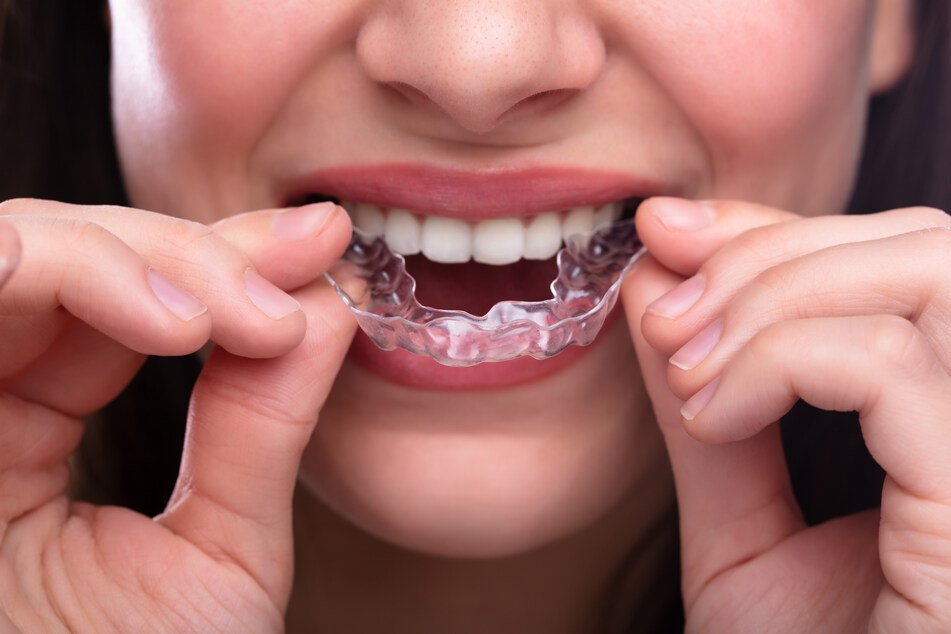What Is Bruxism?

Bruxism is just medical-ese for grinding teeth. People grind their teeth for a variety of reasons: stress and physical tension, improper jaw alignment, or teeth that no longer fit together properly can all be causes. Bruxism can cause TMJ, or long-lasting problems with the temporomandibular joint.
Bruxism isn’t necessarily dangerous, but it can cause pain in the teeth, jaw, and neck—as well as serious headaches and referred pain in the ears. If you have discomfort from grinding teeth, remedies do exist:
- Try ice or moist heat (from a wet washcloth or heating pad). Depending on the reasons for your TMJ, one or both methods may help. Heat soothes tight muscles, while ice reduces inflammation.
- Use a bite guard. You can ask your dentist for a bite guard (also known as a splint) that fits between your top and bottom teeth, or find one over-the-counter at your local pharmacy. Both options are designed to be worn at night to control the habitual grinding that can occur during sleep.
- Massage the muscles of the face and neck. Tight muscles can trigger bruxism, so massaging the neck, shoulders, jaw, and temple areas can reduce the tension that leads to tooth grinding.
- Practice relaxation techniques. Teaching yourself to relax your face and neck consciously during the day can reduce bruxism. Remind yourself to stop and physically relax your muscles periodically, even setting an alarm if necessary.
Sometimes, relaxing and reducing tension during the day are all that’s necessary to get your bruxism pain under control, even reducing instances of nighttime grinding. Other people will need a splint to physically prevent unconscious grinding at night.
More Advanced Measures
Once you get the initial symptoms under control, you may find that braces or other orthodontic appliances that make changes to your oral structure have a positive effect.
You should only consider surgery as a last resort for bruxism—after you’ve tried other options for six months or a year with little or no relief. Surgery has mixed results for bruxism pain, is expensive, and can be hard to rationalize for a condition that’s not life threatening.
Each person is different; what works for one individual may not work for another. Experiment with the methods above until you hit on one or several that work to relieve your tooth grinding pain.
Author Bio: +Michelle Gordon is a sleep expert who researches and writes about sleep and health, and is an online publisher for the latex mattress specialist Latexmattress.org.


